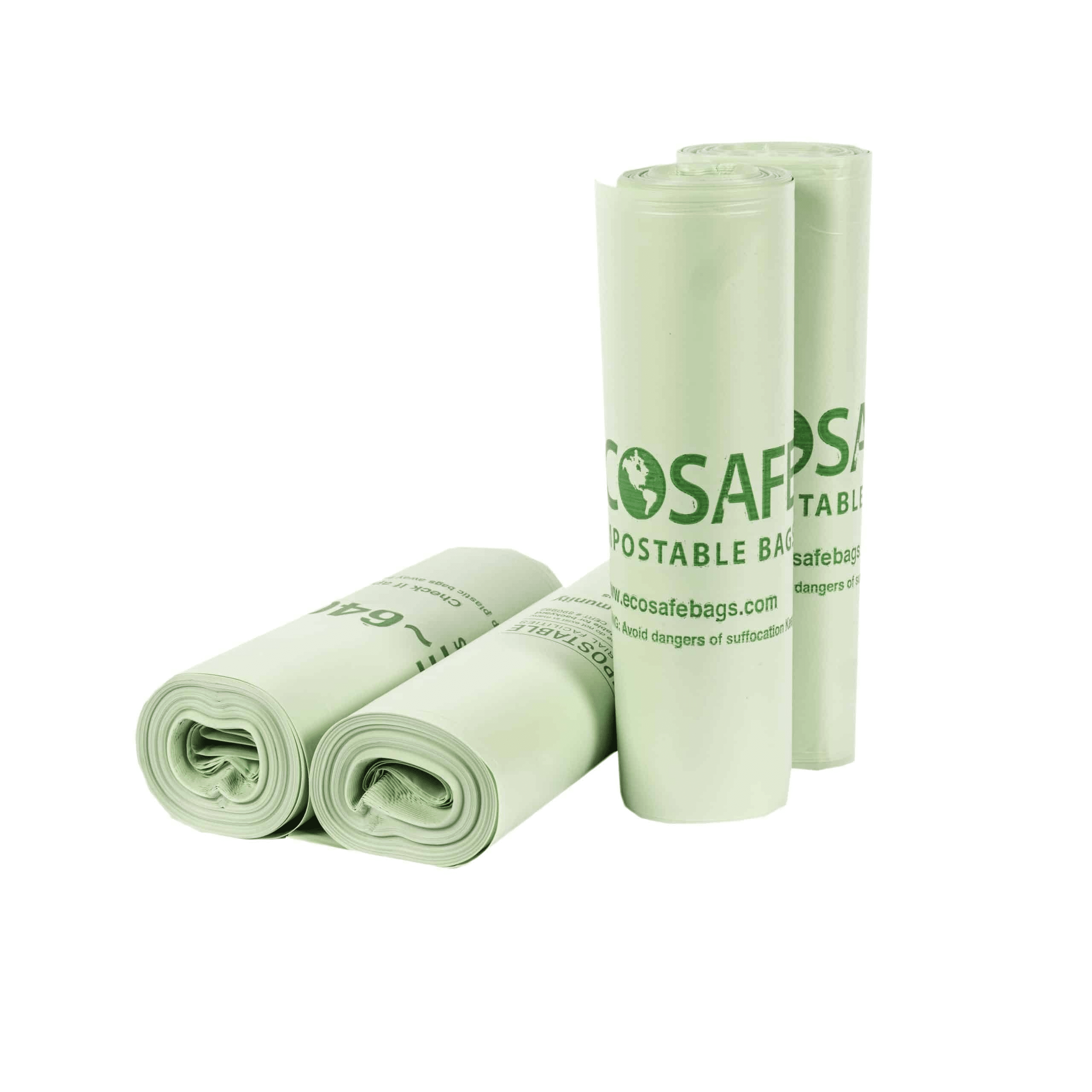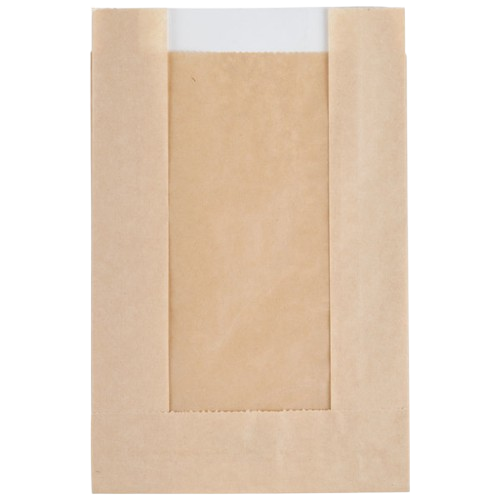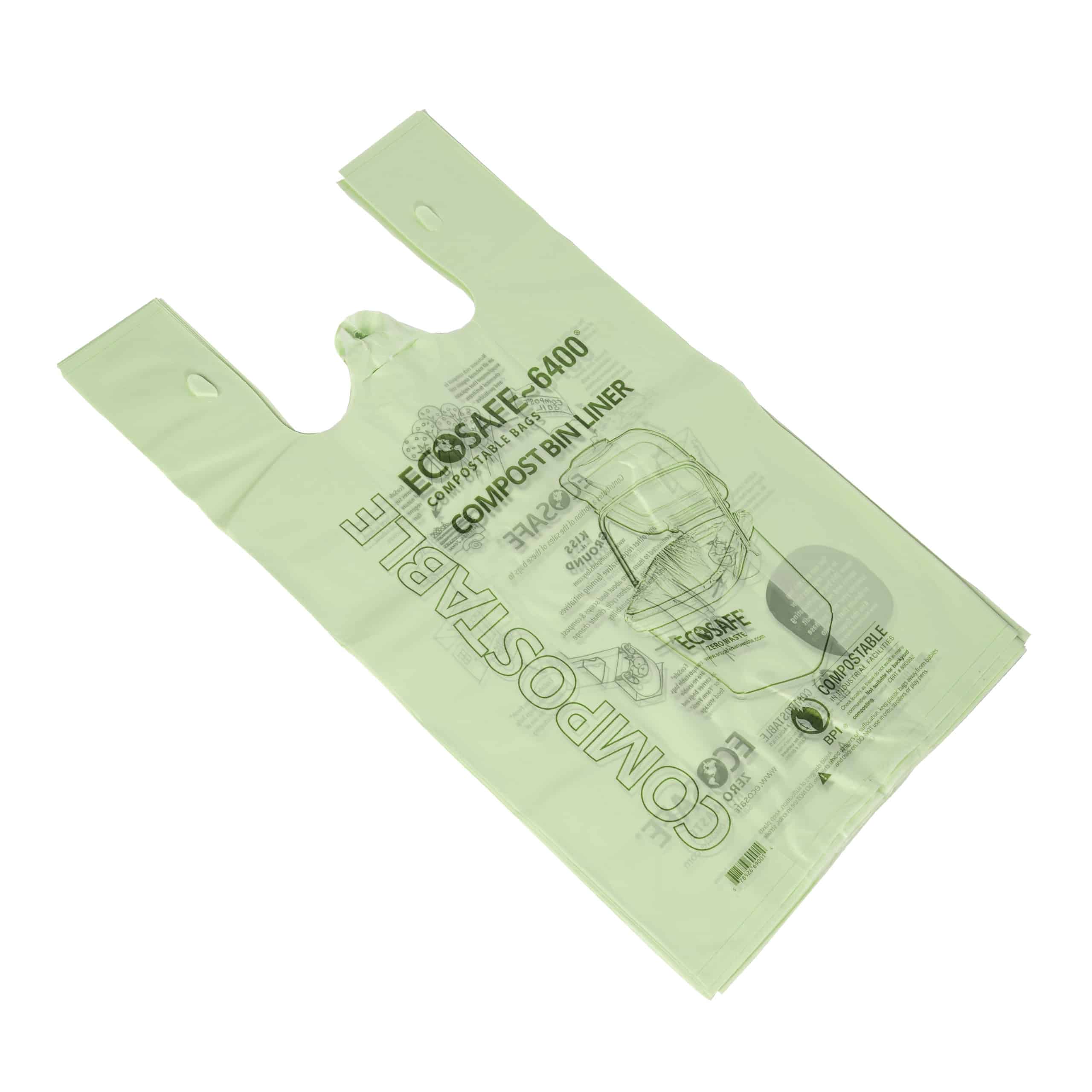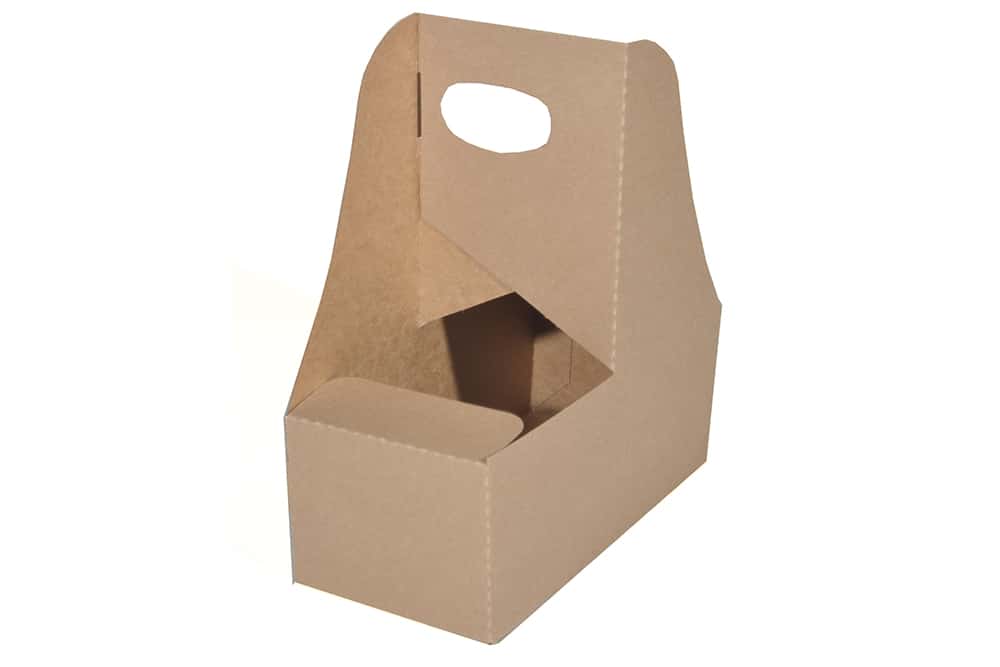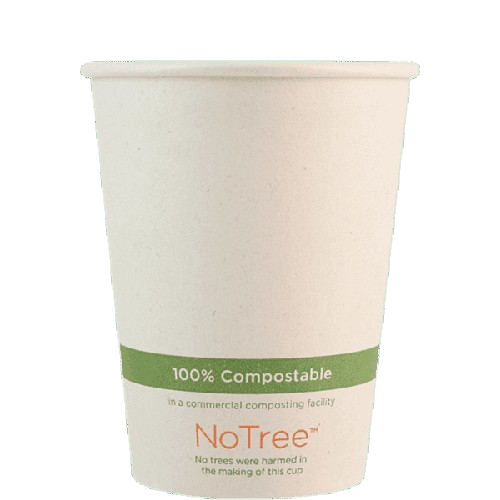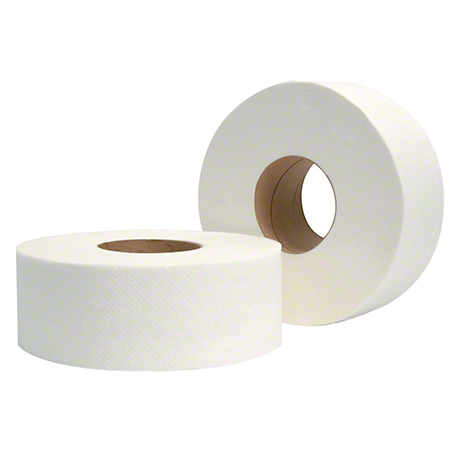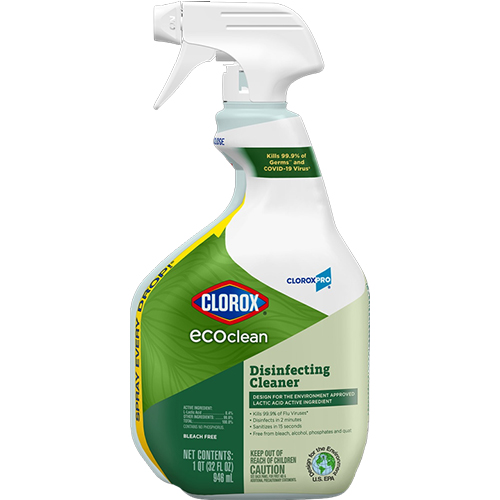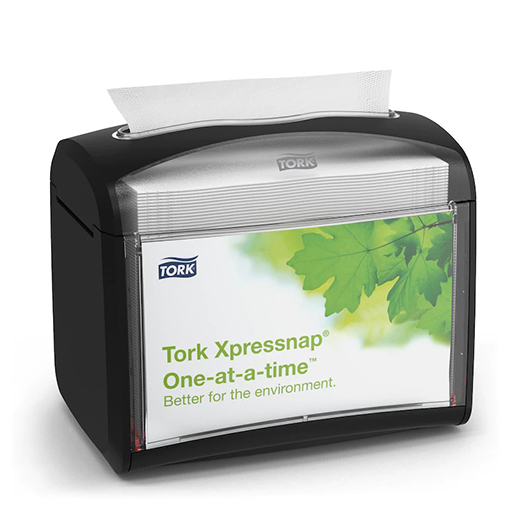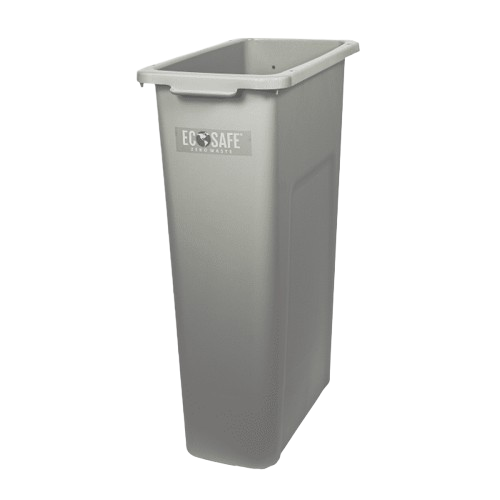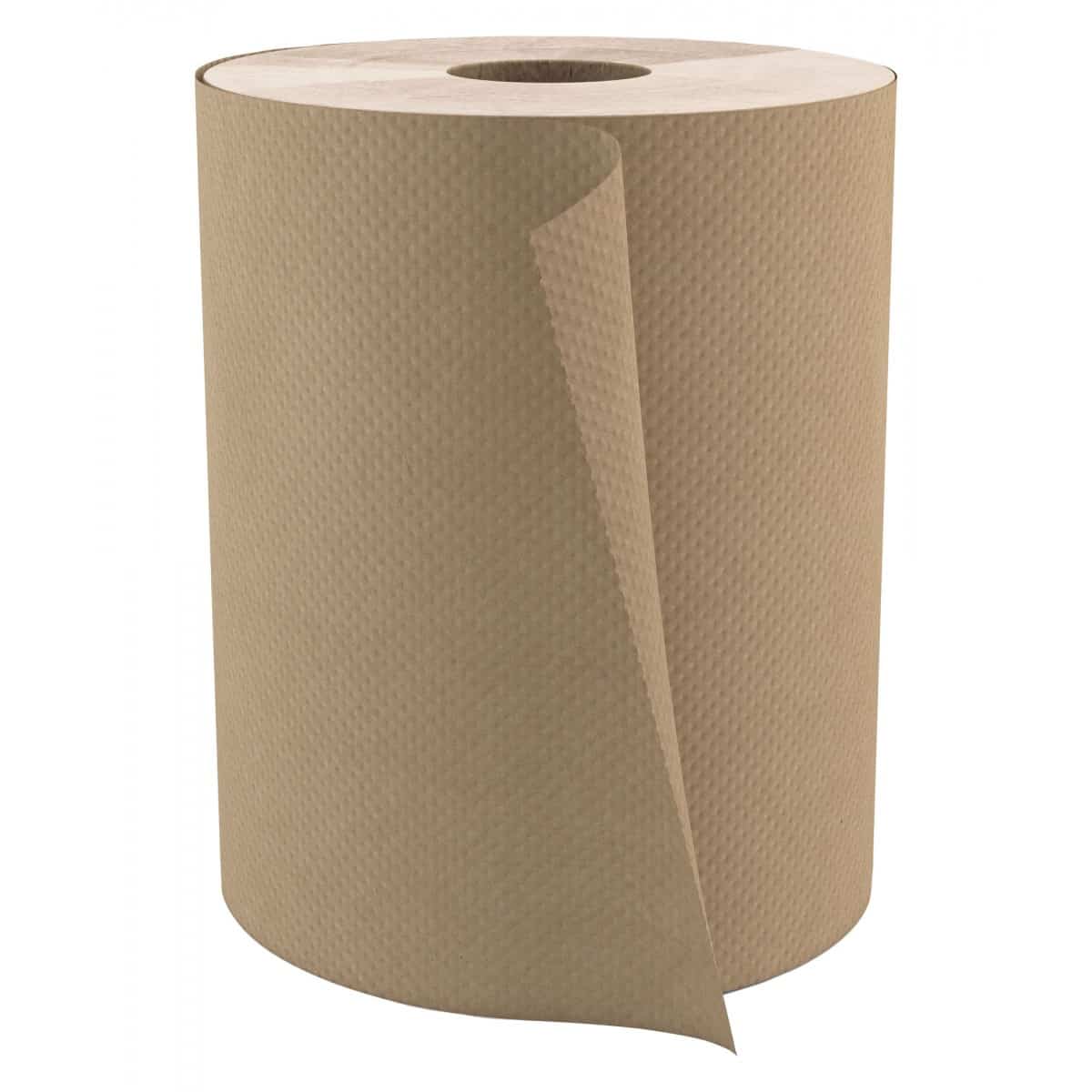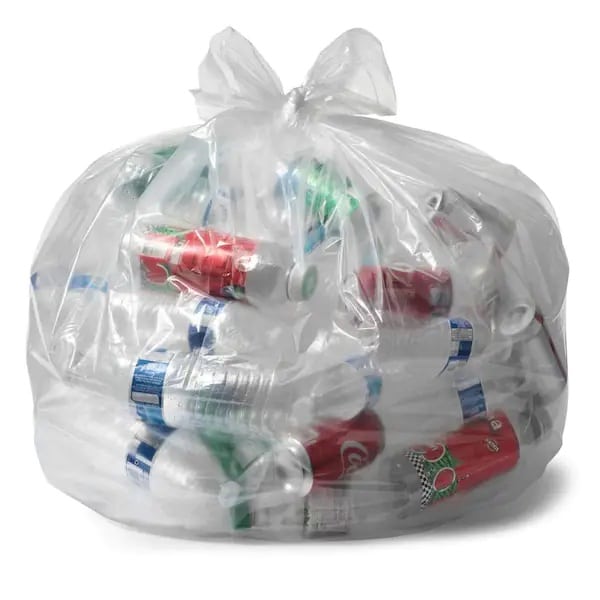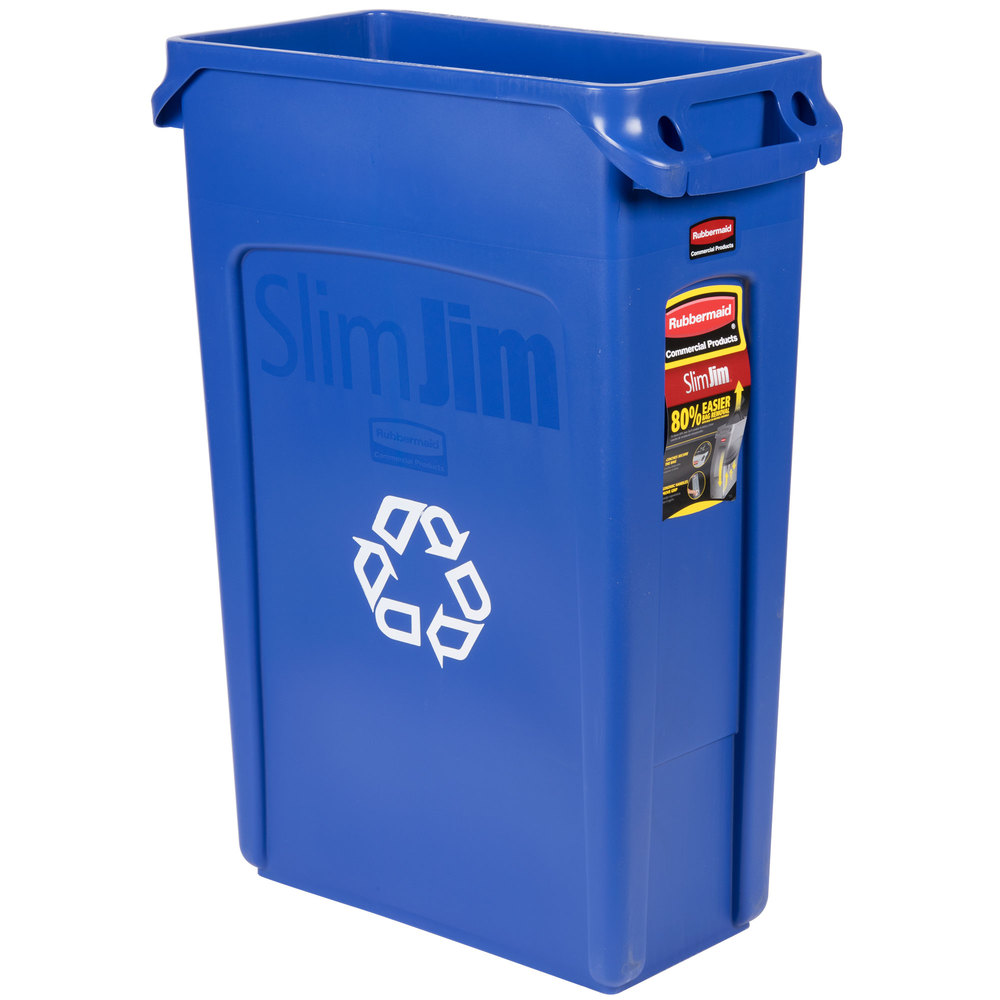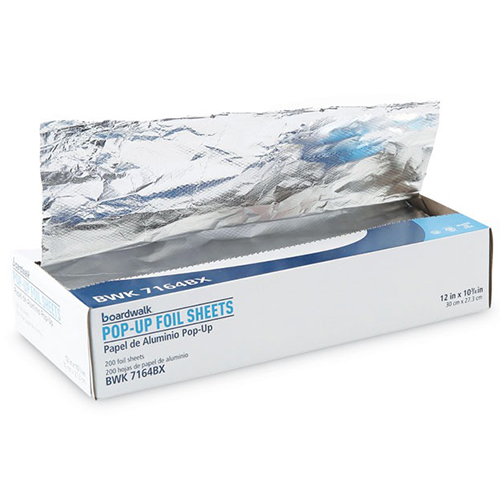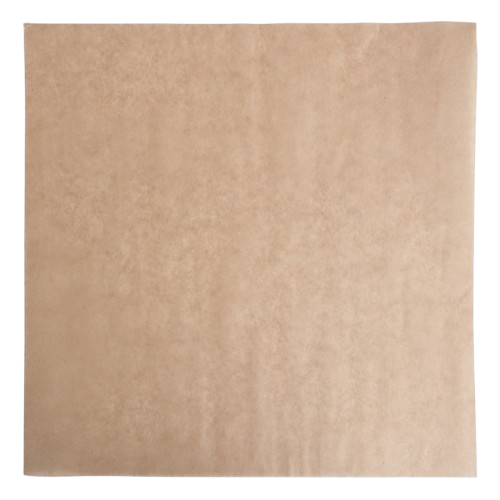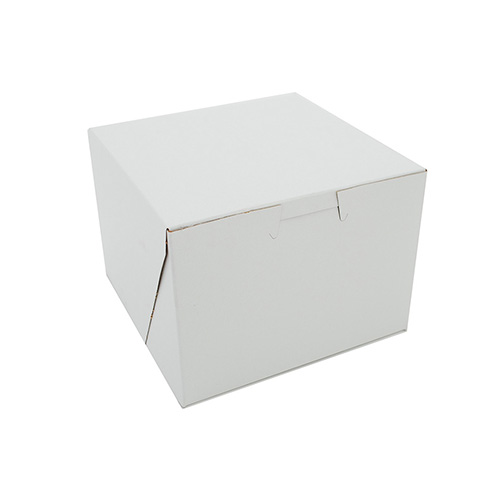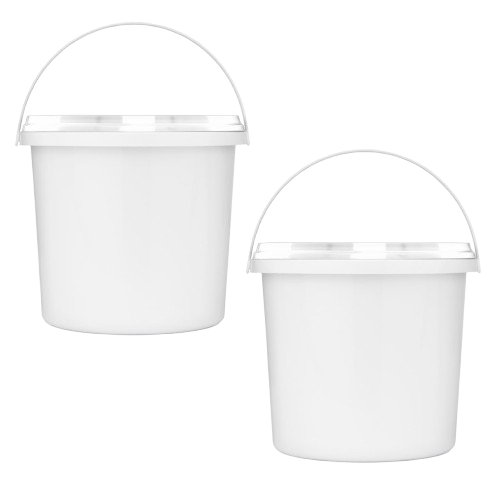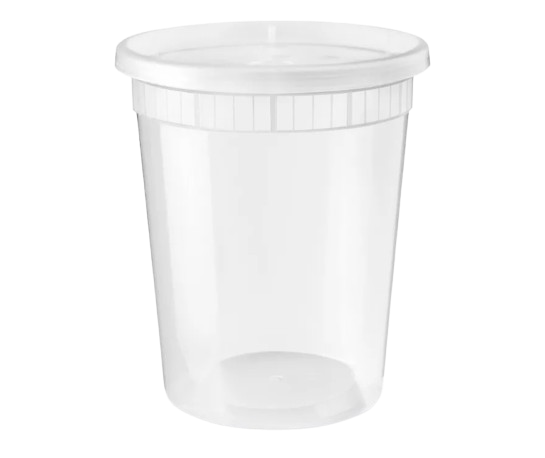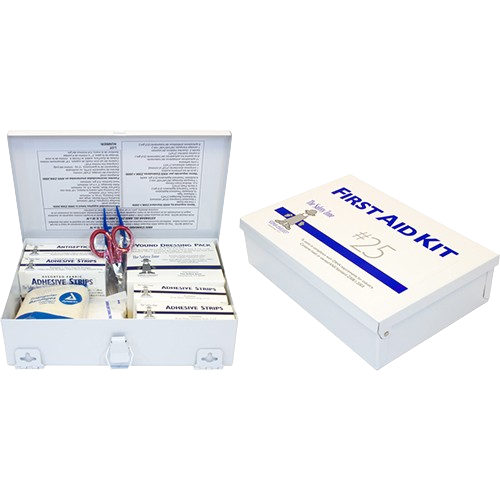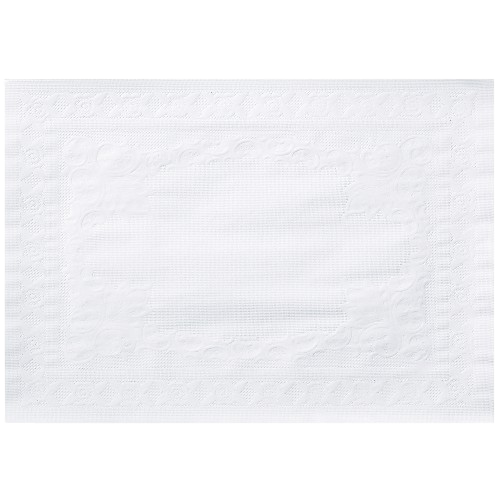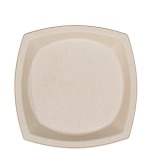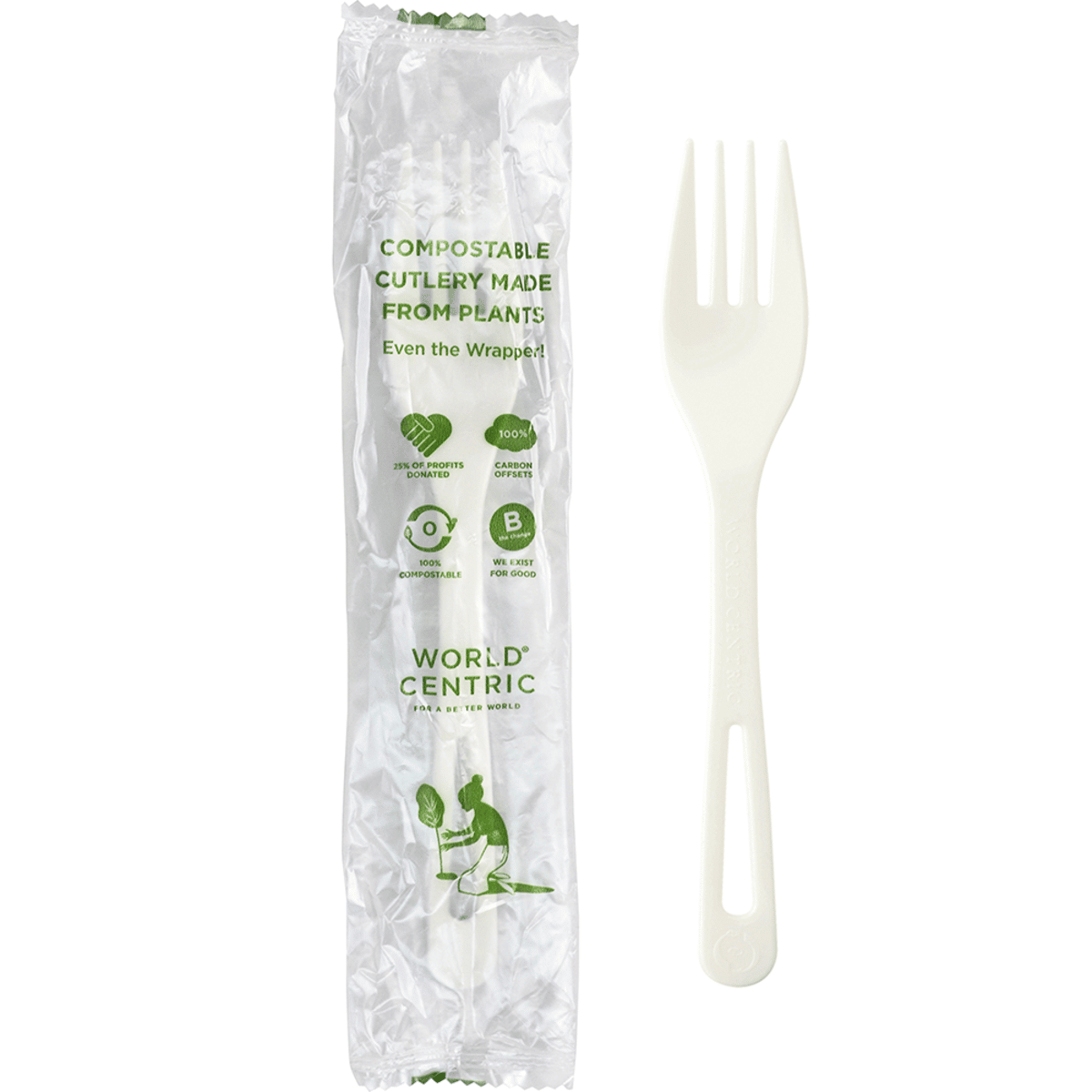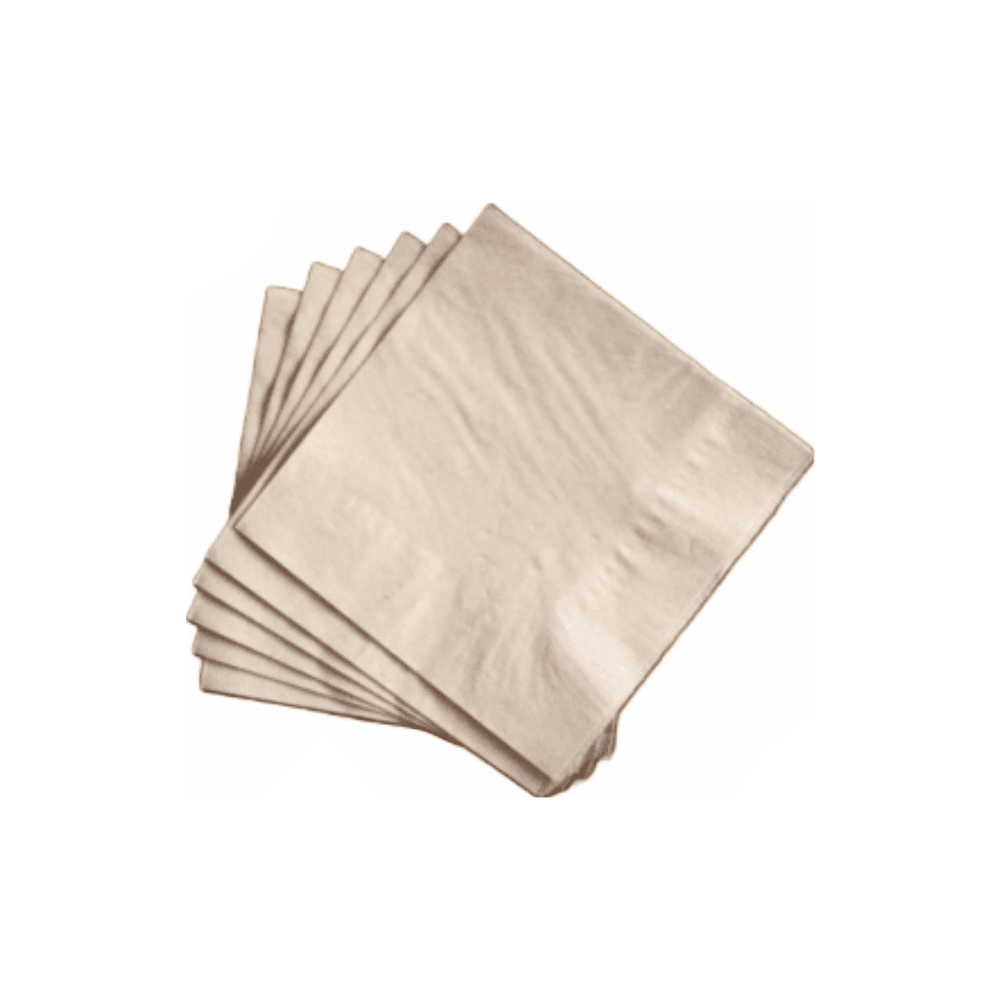
How Sustainable Packaging Certifications Can Boost Your Business and Brand
Eco-Friendly Packaging Certifications Explained: What You Need to Know Before Buying
Sustainable packaging has become a priority for businesses seeking to align with environmental responsibility and meet customer demand for greener solutions. However, navigating the world of eco-friendly packaging can be overwhelming, especially with the multitude of certifications available. What do these certifications mean, and how can they help you make informed purchasing decisions? In this guide, we’ll break down the most prominent eco-friendly packaging certifications, explain their significance, and help you identify which ones to look for when sourcing sustainable packaging for your business.
Why Eco-Friendly Packaging Certifications Matter
Eco-friendly certifications serve as reliable indicators that a product meets specific environmental standards. These certifications ensure transparency, accountability, and credibility, allowing businesses and consumers to avoid falling prey to greenwashing—a deceptive practice where products are marketed as eco-friendly without meeting genuine sustainability criteria.
For businesses, certifications are vital for building trust with eco-conscious customers while complying with environmental regulations. Whether you’re a restaurant operator, hotel food and beverage manager, or retailer, understanding these certifications can help you make smarter purchasing decisions and enhance your brand’s reputation for sustainability.
Key Eco-Friendly Packaging Certifications to Know
1. FSC (Forest Stewardship Council)
The FSC certification ensures that the wood, paper, or other forest-based materials used in packaging come from responsibly managed forests. Products with the FSC label adhere to strict environmental, social, and economic standards, which protect biodiversity and support fair labor practices.
When sourcing eco-friendly food packaging, such as paper boxes or fiber trays, look for the FSC label to ensure your materials contribute to sustainable forestry efforts.
2. BPI (Biodegradable Products Institute)
The BPI certification verifies that a product is certified compostable in commercial composting facilities. This certification is critical for businesses using compostable trays, cups, or bags, as it confirms the product will break down into organic matter without leaving harmful residues.
For example, you can explore our range of compostable trays to find products that align with BPI standards.
3. USDA Certified Biobased Product
The USDA Biobased certification highlights products made primarily from renewable plant-based materials. These products help reduce dependency on fossil fuels and minimize carbon footprints. If you’re searching for eco-friendly packaging solutions that prioritize renewable resources, this certification is an excellent indicator.
4. OK Compost (TÜV Austria)
The OK Compost certification comes in two variations: “OK Compost Industrial” for products compostable in industrial facilities and “OK Compost Home” for products that can decompose in home composting setups. This certification is particularly useful for small businesses or eco-conscious consumers looking for packaging that supports backyard composting.
5. Cradle to Cradle (C2C)
Cradle to Cradle certification focuses on a product’s entire lifecycle, ensuring it is designed for a circular economy. This means materials can be reclaimed and reused, minimizing waste. Packaging with C2C certification is ideal for businesses seeking a closed-loop supply chain.
How to Avoid Greenwashing
With the rise of sustainable marketing, it’s vital to stay vigilant against misleading claims. Here are a few ways to ensure the packaging you purchase is genuinely eco-friendly:
- Verify certifications: Look for official logos from recognized organizations like FSC, BPI, or USDA. Cross-check the certification through the issuing body’s website if needed.
- Request documentation: Reputable suppliers should be able to provide certificates or test results for their products.
- Check compostability: Products labeled as compostable should meet industry standards like ASTM D6400 or EN 13432. For example, our selection of compostable clear cups meets stringent compostable criteria.
- Partner with trusted suppliers: Work with vendors who specialize in eco-friendly food packaging wholesale to ensure authenticity and access to certified products.
Benefits of Choosing Certified Sustainable Packaging
Investing in certified eco-friendly packaging goes beyond environmental gains—it offers tangible benefits for your business:
- Compliance with regulations: Certified packaging helps your business meet local and international environmental regulations.
- Enhanced brand reputation: Customers value businesses that prioritize sustainability and transparency.
- Waste reduction: Certified compostable packaging supports waste diversion efforts, reducing landfill contributions.
- Competitive advantage: Certified products differentiate your brand from competitors relying on traditional materials.
How to Get Started
Ready to make the switch to sustainable packaging? Start by assessing your packaging needs, understanding the certifications most relevant to your industry, and partnering with reliable suppliers. At SupplyClub, we offer a wide range of certified sustainable packaging options, from compostable hot cups to eco-friendly food packaging near you.
Final Thoughts
Eco-friendly packaging certifications are essential tools for businesses striving to adopt sustainable practices. By understanding and prioritizing these certifications, you can make informed decisions that benefit both the environment and your bottom line. Whether you’re purchasing compostable produce bags or exploring wholesale options, certifications ensure that your investments align with your commitment to sustainability.
To learn more about certified sustainable packaging or to explore our full range of products, visit SupplyClub today. Let’s work together to create a greener future—one package at a time!



